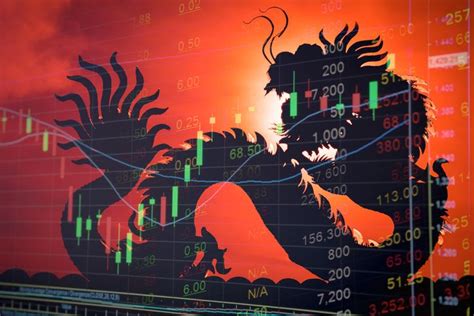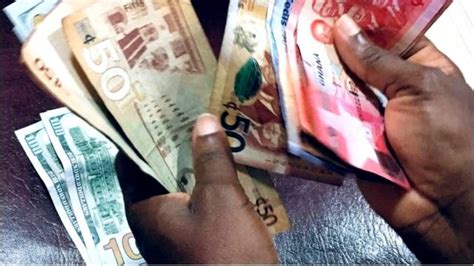The Hang Seng China Enterprises Index (HSCEI) is a stock market index that tracks the performance of the largest 50 Chinese companies listed on the Hong Kong Stock Exchange. It was launched in 1994 and has since become one of the most important indicators of the Chinese economy.

Key Facts About the HSCEI
- It is the second-largest stock market index in Asia, after the Hang Seng Index.
- The top 10 companies in the HSCEI account for over 60% of its total market capitalization.
- The index is weighted by market capitalization, which means that the largest companies have the greatest impact on its performance.
- The HSCEI is calculated in real-time and is published every 15 seconds.
- The index is reviewed and adjusted quarterly by Hang Seng Indexes Company Limited.
Performance of the HSCEI
The HSCEI has performed well over the long term. Since its launch in 1994, it has returned an average of 9.6% per year. However, the index has been volatile in recent years, due to the ongoing trade war between the United States and China.
In 2018, the HSCEI declined by 13.9%. This was its worst performance since 2011. The decline was driven by a number of factors, including the trade war, the slowing Chinese economy, and the strengthening US dollar.
In 2019, the HSCEI rebounded and gained 12.5%. This was its best performance since 2015. The rebound was driven by a number of factors, including the easing of trade tensions, the stimulus measures introduced by the Chinese government, and the weakening US dollar.
Factors Affecting the HSCEI
The performance of the HSCEI is influenced by a number of factors, including:
- The performance of the Chinese economy: The Chinese economy is the second-largest in the world and is a major driver of global growth. A strong Chinese economy will lead to increased demand for Chinese goods and services, which will in turn boost the profits of Chinese companies.
- The trade war between the United States and China: The trade war has had a significant impact on the Chinese economy and the HSCEI. The tariffs imposed by the United States have made it more expensive for Chinese companies to export their goods to the United States, which has reduced their profits.
- The strength of the US dollar: The US dollar is the world’s reserve currency and its strength has a significant impact on the Chinese economy. A strong US dollar makes it more expensive for Chinese companies to import goods and services from the United States, which can reduce their profits.
- Government policies: The Chinese government has a significant impact on the Chinese economy. The government’s policies can affect the profitability of Chinese companies and the performance of the HSCEI.
Investors in the HSCEI
The HSCEI is a popular investment destination for both domestic and international investors. Domestic investors are attracted to the index because it provides exposure to the largest and most successful Chinese companies. International investors are attracted to the index because it provides exposure to the Chinese economy, which is one of the fastest-growing economies in the world.
There are a number of ways to invest in the HSCEI. Investors can buy shares of individual companies that are included in the index, or they can buy an exchange-traded fund (ETF) that tracks the performance of the index.
Conclusion
The Hang Seng China Enterprises Index is a major indicator of the Chinese economy. The index has performed well over the long term, but it has been volatile in recent years. The performance of the index is influenced by a number of factors, including the performance of the Chinese economy, the trade war between the United States and China, the strength of the US dollar, and government policies. The index is a popular investment destination for both domestic and international investors.
Tables
| Rank | Company | Market Cap (USD) | Weight in HSCEI |
|---|---|---|---|
| 1 | Tencent Holdings | $549 billion | 18.5% |
| 2 | Alibaba Group | $466 billion | 15.1% |
| 3 | China Construction Bank | $376 billion | 7.8% |
| 4 | Industrial and Commercial Bank of China | $368 billion | 7.6% |
| 5 | Ping An Insurance | $326 billion | 6.7% |
| Year | Return |
|---|---|
| 2018 | -13.9% |
| 2019 | 12.5% |
| 2020 | 14.2% |
| 2021 | 7.9% |
| Factor | Impact on HSCEI |
|---|---|
| Chinese economic growth | Positive |
| US-China trade war | Negative |
| Strength of US dollar | Negative |
| Government policies | Can be positive or negative |
| Type of Investor | Motivation |
|---|---|
| Domestic investors | Exposure to largest Chinese companies |
| International investors | Exposure to Chinese economy |



